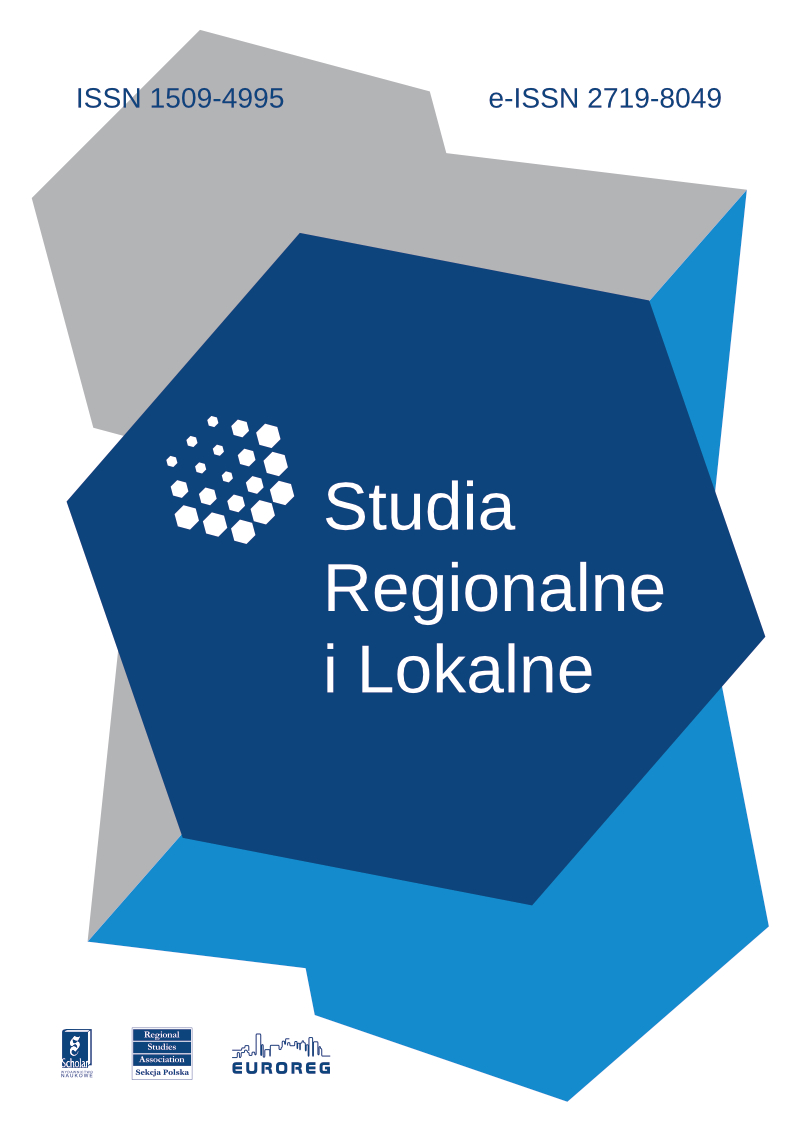Funkcje metropolitalne Warszawy, Pragi i Budapesztu
Stolice państw Europy Środkowo-Wschodniej w ostatnim okresie odnotowały szczególny wzrost. Rodzi się pytanie o siłę tego wzrostu i o to, czy pozwolił on na nadrobienie wieloletnich zaległości. Celem artykułu jest porównanie funkcji wpływających na międzynarodową pozycję Warszawy, Pragi i Budapesztu oraz identyfikacja czynników, które stymulują bądź hamują rozwój funkcji metropolitalnych w analizowanych miastach. Artykuł składa się z dwóch części. Pierwsza przedstawia pozycję Warszawy, Pragi i Budapesztu w systemie metropolii w świetle kilku międzynarodowych klasyfikacji. W drugiej znalazła się definicja funkcji metropolitalnych. W tym fragmencie analizie poddano następujące funkcje metropolitalne Warszawy, Pragi i Budapesztu: ośrodka biznesu, ośrodka przestrzeni dla biznesu, ośrodka nauki i wiedzy oraz węzła komunikacyjnego.
Metropolitan Functions of Warsaw, Prague and Budapest
The idea of the paper refers to the comparison of functions that determine an international position of Warsaw, Prague and Budapest. It is also an attempt to evaluate the chances of these three cities to win and develop individual metropolitan functions in the future. At the same time, this paper aims at identifying the main factors, both obscuring and supporting the development of metropolitan functions of cities under analysis. The author recognizes the following reasons of CEE metropolieses development – a significant change of geopolitical position, due to socio-economic transformation, a membership of Poland, Czech Republic and Hungary in the structure of EU, globalization and civilization of information technology. Within the first part of the paper capitals are analyzed in relation to several theoretical approaches. The second part shows the results of author’s research, based on statistical data analysis, referring to metropolitan functions of these cities.



